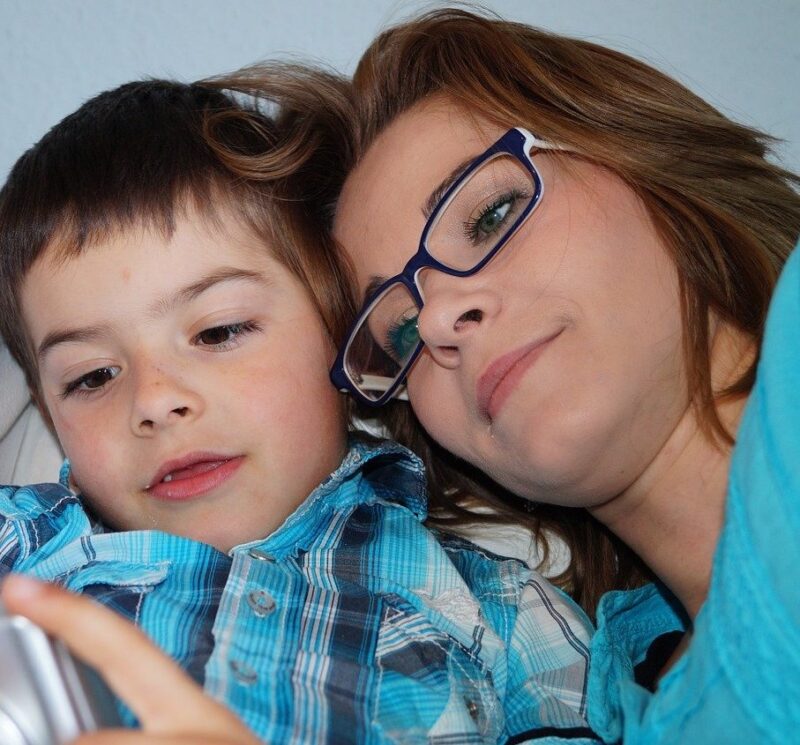
Giving Thanks Can Make You Happier
Each holiday season comes with high expectations for a cozy and festive time of year. However, for many this time of year is tinged with sadness, anxiety, or depression. Certainly, major depression or a severe anxiety disorder benefits most from Read more >>











